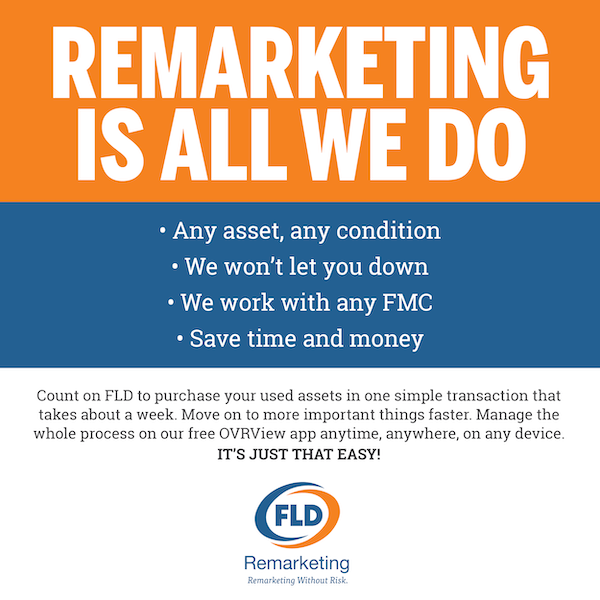
By Tanner Lee, Copywriter, Kingbee Vans
May 29, 2023
The cargo van has long been the first choice of vocational wheels. Their versatility, adaptability, and technological advancements have made them an indispensable workshop on wheels. While it seems like the cargo van has been with us forever, it’s only been 60 years. Here is its brief history, from infancy to electric!
Birth of the Modern VanIn 1961 Ford introduced the Econoline, and by 1967 they’d sold 400,000. The Dodge A100 and the Chevy Van also entered the market—the van age was in full swing! In 1969, the semi-forward chassis configuration was suddenly all the rage.
Within two years, every van in America was designed with the engine a few feet in front of the driver’s cabin. And with exception of new technologies and minor stylistic changes, today’s American vans remain largely unaltered from the late 60s and early 70s, when Ford changed vans forever.
(Van)hemians in the 70sThe 70s brought disco, feathered hair, and…aftermarket conversions. No single vehicle better represents the good times and easy-living lifestyle of the 1970s better than does a custom cargo van.
People customized their vans to include shelving, insulation, and racks, transforming the cargo van into what it was destined to be: a mobile workshop that doubled as a groovy way to express oneself. To capitalize on the trend, aftermarket companies began fully transforming these vehicles into small-batch shaggin’ wagons.
Chicken Tax
In the late 90s and early 2000s, manufacturers incorporated new technologies to make cargo vans more reliable and efficient. Power steering, antilock braking systems (ABS), and airbags were standardized across fleets. Additionally, the integration of computer and GPS systems made life easier for drivers.
Ever notice how the Dodge and Mercedes Sprinter are identical? That’s because after WWII, the US government put a 25% tax on small truck imports from Europe. This tax—known as the Chicken Tax because of the dues on cheap chicken and other goods from Europe—was still in effect into the 90s, making it difficult for Mercedes to sell their Sprinter vans at competitive prices.
To avoid the tax, Mercedes imported their Sprinter vans in pieces (also called CKD kits), to be assembled by Dodge and Freightliner. This continued through 2006, with Dodge selling versions of the Sprinter to commercial fleets, and Mercedes selling the passenger variant of the van. And that’s one reason you see so many Sprinter vans!
Advantages of Electric Vans
Electric vehicles are no longer the future—they are The Now. Lawmakers and auto manufacturers have recognized the need for cleaner transportation solutions, and electric vans offer zero-emission transportation, lower operating costs, and reduced maintenance requirements.
Looking forward, the big question about infrastructure still remains: Will there be enough charging stations? Sustainable charging of EVs has been a puzzle since 1905, when American high society first fell in love with the electric automobile. It offered a quiet, easy ride compared to gasoline vehicles. However, the electric grid outside of major cities was still undeveloped, and Henry Ford was rolling out the Model T, which was far more affordable and functional than the EV.
EV adoption for fleets is about as optional as death or taxes. But for widespread adoption to happen, there will need to be enough charging stations between large metropolitan areas, where most of the US resides.
Kingbee Work-Ready Vans
From their humble beginnings in the 1960s to the current developments in electric vans, cargo vans have evolved to meet the changing demands of businesses. In a similar way, vehicle financing has undergone significant transformations. Back in the day, fleet managers financed fleet vehicles by paying for them outright. Now, leasing and long-term rentals provide flexibility, allowing companies to acquire vans without large capital outlays.
Financial flexibility is the business model at Kingbee Vans. Give them a call today to scale your business without the financial burden of vehicle ownership. No other company in the world will upfit vans with custom shelves and ladder racks, wrap them with your company signage, and deliver anywhere in the lower 48 states. The cargo van has a rich history—call Kingbee Vans today to experience what a cargo van can do for you.

![[credit: Classic Cars of Sarasota]](https://www.fleetmanagementweekly.com/wp-content/uploads/2023/05/Kingbee-Article-Van-1.jpg)
![[credit: “Uncle Rico and Orange Van,” Jared Hess, Napoleon Dynamite, 2004]](https://www.fleetmanagementweekly.com/wp-content/uploads/2023/05/Kingbee-Article-Van-2.jpg)
![[credit: vanvaya.com]](https://www.fleetmanagementweekly.com/wp-content/uploads/2023/05/Kingbee-Article-Van-3.jpg)



